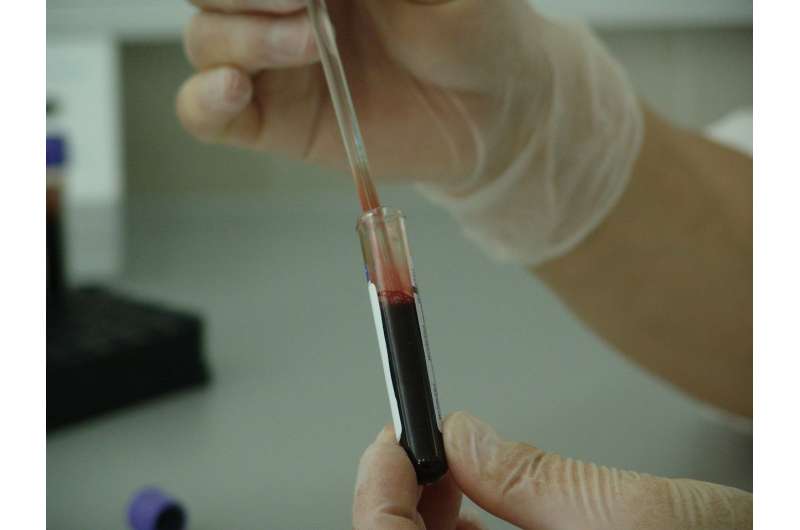Study Finds Taurine Unlikely to Be a Reliable Biomarker for Aging

New research indicates that circulating taurine levels are not reliable biomarkers for aging across species, highlighting the complexity of biological aging processes.
Recent research conducted by scientists at the National Institutes of Health (NIH) suggests that circulating levels of taurine, a conditionally essential amino acid involved in various biological processes, are not reliable indicators of the aging process. Although taurine has gained popularity as a dietary supplement due to its potential benefits, its role as an aging biomarker is now questioned based on new evidence.
The study analyzed blood samples from humans, monkeys, and mice to observe how taurine levels change across different ages. The results demonstrated that taurine concentrations often increased or remained stable with age in these species. Longitudinal data revealed that individual variations in taurine levels often exceeded changes attributed to aging alone. Moreover, the association between taurine levels and health outcomes was inconsistent across different age groups, species, and cohorts, indicating that declining taurine is not a universal sign of aging. Instead, taurine's impact appears to depend on individual factors such as genetics, diet, and environmental influences.
The researchers measured taurine concentrations in blood samples from the Baltimore Longitudinal Study of Aging, rhesus monkeys, and mice, finding that taurine levels generally increased with age, except in male mice where levels remained unchanged. Similar patterns were observed in other human studies conducted in Mallorca and Atlanta. Despite these findings, the relationship between taurine levels and physical function, such as muscle strength or body weight, was also inconsistent, suggesting that taurine alone cannot serve as a dependable marker for biological aging.
"Identifying reliable biomarkers for aging and functional decline is vital for developing personalized health strategies," said Luigi Ferrucci, co-author of the study. The current evidence indicates that relying solely on taurine levels to gauge aging is inadequate, emphasizing the need for more comprehensive and precise biomarkers.
While taurine supplementation has shown promise in improving age-related traits in model organisms like worms and mice, there is no strong clinical evidence supporting similar benefits for humans. The study underscores the importance of continuing research to find accurate and dependable markers to predict aging and related health outcomes.
Stay Updated with Mia's Feed
Get the latest health & wellness insights delivered straight to your inbox.
Related Articles
Breakthrough Drug Shows Promise in Treating Hormone-Related Hypertension
A groundbreaking clinical trial introduces Baxdrostat, a novel medication showing significant promise in treating hormone-driven high blood pressure, potentially offering a long-term cure for primary aldosteronism.
Oncologists Advocate for Age-Inclusive Licensing of Cancer Treatments
Experts call for universal approval of tissue-agnostic cancer drugs across all ages to improve treatment access for children and adults alike.
Addressing the Underdiagnosis of Alcohol Use Disorder During and After Pregnancy
Recent research reveals significant gaps in the treatment of alcohol use disorder during pregnancy and postpartum, highlighting urgent needs for improved care and support.
Research Demonstrates HPV Vaccine Offers Protection to Both Vaccinated and Unvaccinated Women
A landmark study shows HPV vaccination not only protects vaccinated women but also provides herd immunity benefits to unvaccinated populations, reducing HPV infection rates significantly and supporting efforts to eliminate cervical cancer worldwide.



